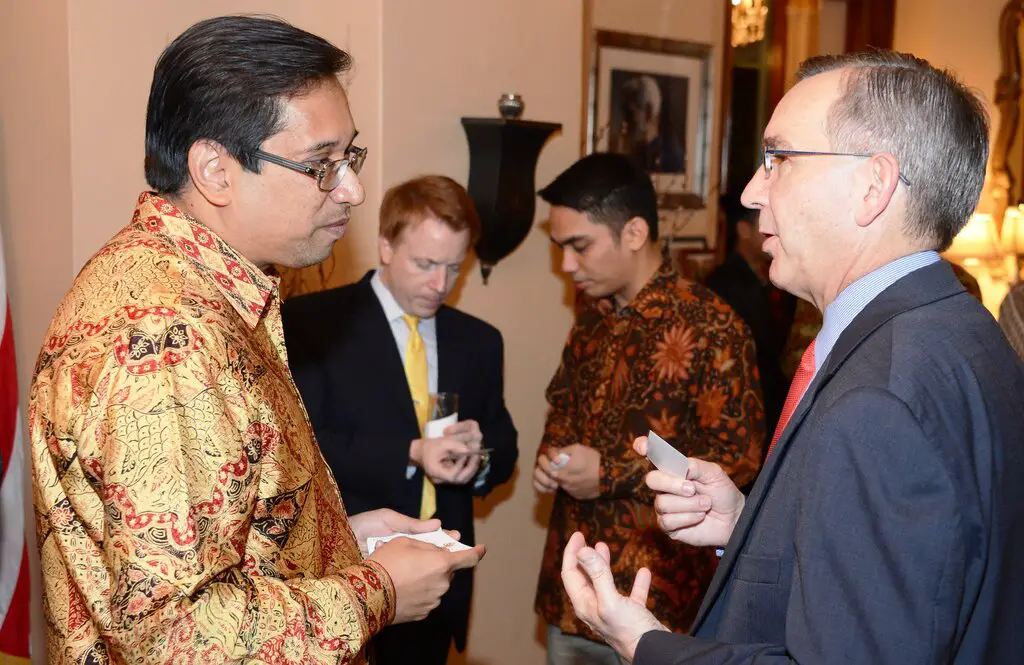In today’s borderless digital economy, effective communication defines global success. For Indonesian companies aiming to attract investors or international clients, Indo to English Localization is more than a technical task — it’s a business imperative. Yet, even the biggest brands stumble when translating business materials. Let’s explore eight of the most common mistakes made during Indonesian-to-English business translation and how to avoid them.
1. Literal Translations That Lose Meaning
Word-for-word translation often strips business materials of tone and clarity. Translators should aim for functional equivalence — conveying purpose, not just words.
2. Ignoring Cultural Tone
Indonesian business communication is formal yet warm. English, on the other hand, favors clarity and brevity. Good localization adapts tone to fit global expectations without sounding robotic.
3. Poor Handling of Technical Terms
Terms like “nomor induk perusahaan” or “akta pendirian” require context-based English equivalents (“company registration number” or “articles of incorporation”). Mistranslating these creates legal confusion.
4. Failing to Localize Currency and Dates
Using “Rp” or “tanggal 12-10-2025” directly confuses English readers. Translators should convert currencies and reformat dates properly (e.g., October 12, 2025).
5. Overlooking Idiomatic Language
Phrases like “menjaga muka perusahaan” need natural English equivalents like “protect the company’s image.” Literal versions sound awkward.
6. Lack of Proofreading by Native Editors
Machine translation and bilingual staff are no substitute for professional editors. Native review ensures the final output reads naturally and professionally.
7. Inconsistent Terminology Across Departments
When marketing, legal, and finance teams use different translations for the same term, credibility suffers. Centralized glossaries prevent this issue.
8. Ignoring SEO and Localization in Web Content
Business websites must localize not just text but also keywords. Indonesian businesses targeting English audiences should research regional search intent.
Conclusion
Business translation is a strategic investment, not a side task. Avoiding these mistakes ensures clarity, professionalism, and global credibility for Indonesian enterprises.
FAQs
1. What’s the biggest translation risk for Indonesian businesses?
Losing meaning through literal translation and inconsistent tone.
2. Why should companies invest in professional localization?
It boosts credibility and trust among international partners.
3. How can SEO improve business localization?
By aligning translated content with global search behavior.
4. Should companies use AI tools for translation?
Yes, but always with human post-editing for accuracy and tone.
5. What’s the first step in improving localization?
Creating style guides and glossaries for consistent terminology.


